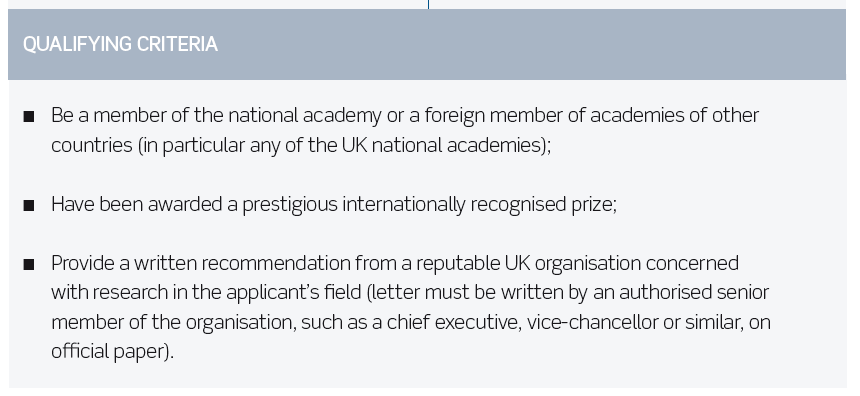In Spring v Guardian Assurance [1995], the House of Lords held that an employer who provided a reference owed an employee a duty to take reasonable care in the preparation of that reference. Therefore, failure to do so could lead to a claim for negligence if the employee suffers damage as a result.
HR departments and in-house legal teams often have safeguards and checks in place to ensure that care is taken when providing a reference. Of course, it is only right that a personal reference should be composed thoughtfully and fairly. Those safeguards are also a sensible measure against the potential threat posed by disgruntled ex-employees. Continue reading “Cost of careless talk”


